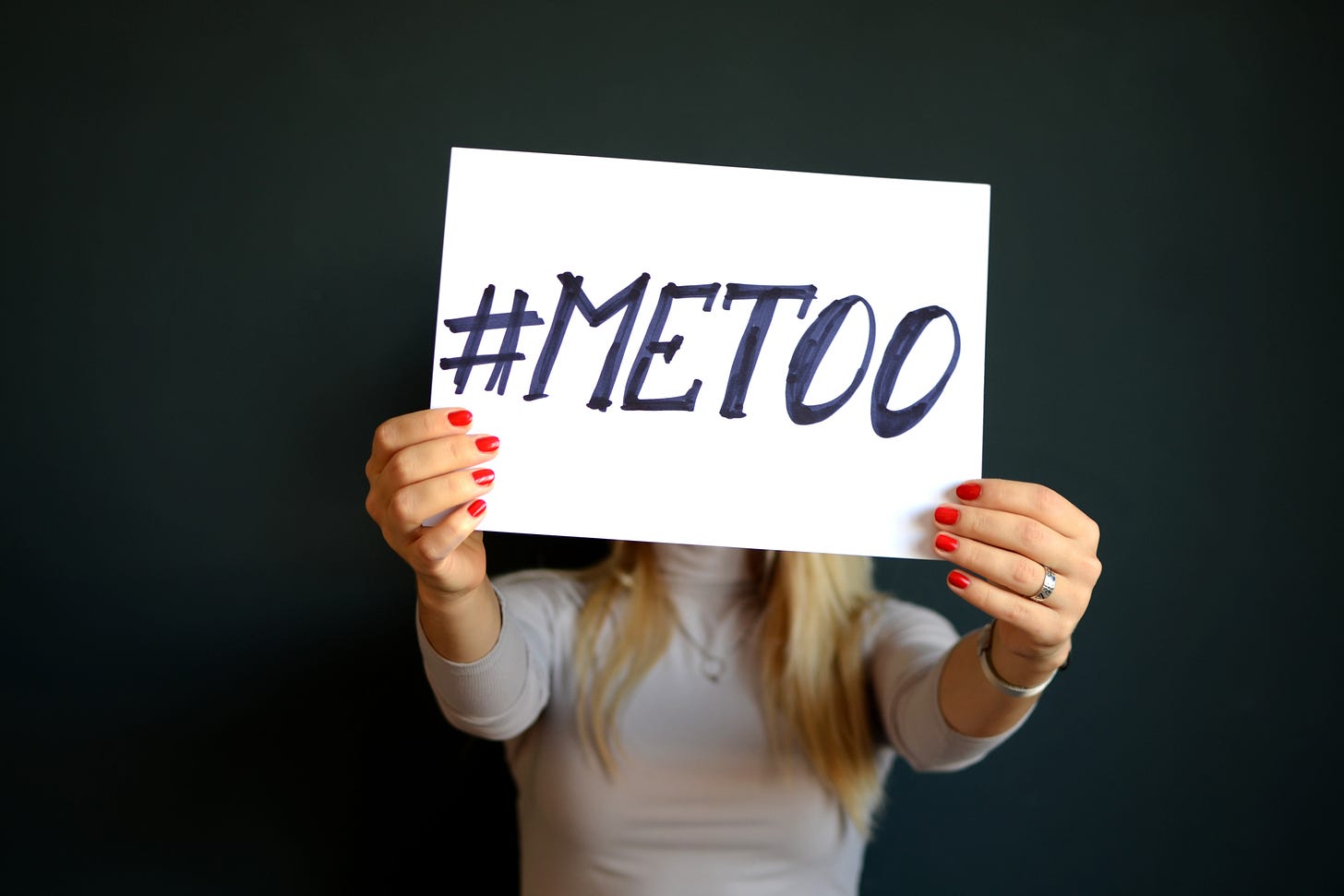What Would Andrea Dworkin Have Said About Harvey Weinstein?
The iconic anti-violence feminist would surely have redirected us to his collaborators
Journalist Ken Auletta’s new book about Weinstein, which I have just ordered, has put the Hollywood producer and his crimes back in the news. Enjoy—and please:

I want to know what Andrea Dworkin would have had to say about Harvey Weinstein.
It’s been half a century since Dworkin — a controversial member of the first generation of radical feminists to theorize about sexual violence — and other second-wave feminists started the modern conversation about sexual violence, and sometimes it seems that there hasn’t been much progress. Take the fact that Weinstein’s repeated sexual assaults on women have been an open secret in film, journalism and politics for at least 30 years. Hundreds of people conspired to conceal his predatory behavior.
Yes, conspired. It’s the conspiracy, as well as how it ended, that makes me interested in what Dworkin herself might have written in this space. A feminist often rejected and reviled by other feminists, Dworkin understood that colleagues and co-workers, friends and family, played key roles in enabling and covering up sexual violence. But she also believed that the sound of women’s voices was a powerful antidote to what she saw as a ubiquitous form of oppression.
In the Weinstein case, Dworkin might have found a kind of vindication.
That’s in part because the Weinstein conspiracy crumbled as women started to speak out. And though Weinstein has been fired as chief executive and was forced to resign from the board of the company that bears his name, they haven’t stopped speaking. Women beyond Hollywood are flocking to Facebook and Twitter to contribute to the #MeToo hashtag, adding their stories of being sexually harassed, groped or assaulted.
Dworkin helped to popularize the speak-out as a way of combating sexual violence by breaking the silence that surrounded it. Since the 1970s, speech has been a traditional feminist weapon against sexual violence: It was women telling their stories, and other women agreeing to believe those stories, that first brought rape, incest and other forms of violence against women out in the open and on to the policy table.
The speak-outs that powered the radical feminist anti-violence movement — a ritual in which women approached the microphone one by one to tell their stories — have now moved to the digital public sphere. If Taking Back the Night seems not to have stemmed the tide of sexual violence, I guess we can still try to Take Back the Facebook.
But we will have to do it without Dworkin. She passed away on April 9, 2005, of heart disease, missing, among other things, the social media revolution.
This may be a good thing. Scorned in print by many feminists (some of whom seem to have barely read her work) for being “anti-sex,” today Dworkin would have been savaged by her enemies on Twitter and Facebook. Her insistence that being the object of male violence — sexual and otherwise — was the single experience that all women shared made most men, and even many feminists, uncomfortable, sometimes to the point of rage.
She also won few allies with her assertion that rapists never committed their crimes alone. In the decade after publishing her 1974 book, “Woman Hating,” Dworkin developed her theory that men “collaborated” with each other to maintain gender supremacy through violence against women.
Keep reading with a 7-day free trial
Subscribe to Political Junkie to keep reading this post and get 7 days of free access to the full post archives.



